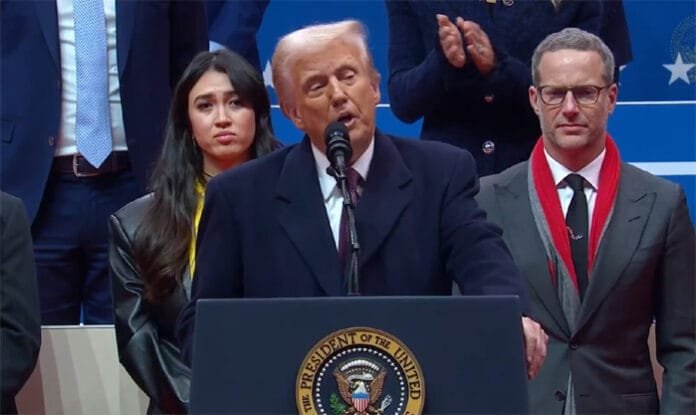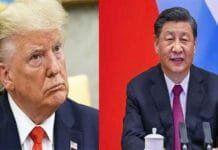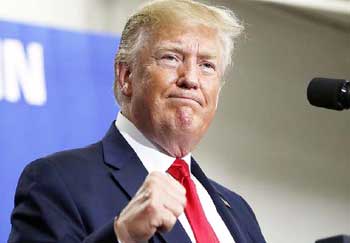President Trump’s Executive Order: Prohibiting Transgender Athletes from Competing in Women’s Sports
In a significant policy shift, President Donald Trump is poised to sign an executive order that will restrict transgender athletes from competing in women’s sports. This decision, rooted in his campaign promises, comes after years of growing tensions surrounding the inclusion of transgender individuals in athletic competitions that are traditionally divided along gender lines. The executive order, set to be finalized shortly, will have profound implications for both the sports community and the broader societal discourse on gender, fairness, and inclusivity in athletics.
Understanding the Executive Order’s Impact on Transgender Athletes
The core of President Trump’s executive order is simple: transgender athletes, who were assigned male at birth but later transitioned to female, will no longer be eligible to participate in women’s sports at the collegiate, professional, and potentially even high school levels. The order draws heavily from Trump’s commitment to ensuring fairness and equality in women’s sports, arguing that allowing transgender women to compete in female categories provides them with an unfair advantage, due to physical differences that remain post-transition.
Why This Executive Order Is a Big Deal
This move has drawn sharp reactions across the country, with supporters and critics voicing passionate opinions. For President Trump, the executive order is part of fulfilling a key promise made during his presidential campaign: to ensure that the competitive balance in women’s sports is preserved. By drawing a firm line that transgender athletes cannot participate in women’s competitions, the president is responding to growing concerns about the integrity of female athletic competitions.
The Basis for Trump’s Decision: Legal and Policy Considerations
The executive order will primarily focus on the interpretation of Title IX, a landmark law passed in 1972 that prohibits sex-based discrimination in federally funded education programs, including athletics. The Trump administration intends to define “sex” in the context of Title IX strictly as a person’s biological sex at birth, rather than gender identity. This redefinition would effectively prevent transgender women from competing in women’s sports.
A key aspect of the order is its intention to reinterpret laws governing sports eligibility, with a particular emphasis on maintaining competitive equity in athletics. By classifying transgender women as biologically male, the administration aims to ensure that female athletes are not at a disadvantage in their own categories. The administration argues that the physical attributes generally associated with male athletes, such as muscle mass and bone density, provide an inherent advantage in certain sports disciplines.
Political Reactions to the Executive Order
The announcement of this executive order has already sparked intense debate across political lines. Republican lawmakers, such as Rep. Nancy Mace, have hailed the decision as a victory for fairness in sports. They argue that the inclusion of transgender athletes in women’s competitions undermines the integrity of the sport and prevents women from having equal opportunities to succeed.
Conversely, Democratic leaders and many LGBTQ+ advocacy groups have strongly opposed the order. They assert that the decision discriminates against transgender individuals, stripping them of their right to participate in athletic activities based on their gender identity. Critics argue that this policy perpetuates harmful stereotypes about transgender people and denies them the same opportunities available to cisgender individuals.





















